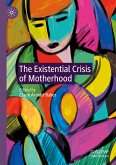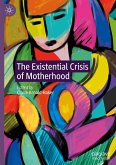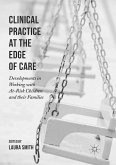The book presents the results of an ethnographic study examining the post-deinstitutionalized organization and provision of acute mental health care in Italy. While the achievements of the "Basaglia law" which imposed the closure of psychiatric hospitals in Italy in 1978 have been well-documented, this book sheds fresh light on its aftermath and possible continuing influence. The author examines two Italian regions - Piedmont and Friuli Venezia Giulia (internationally known to be the first Italian region to close down asylums) - respectively as representatives of the 'restraint' and 'no-restraint' models. Within each context, participant observation and discursive interviews have been conducted in Mental Health Centres (CSM) and acute psychiatric wards (SPDC) to explore care and coercive practices, as well as notions of 'good care' and values embedded in everyday working activities of these services. Situated suggestions for possible improvement of today's acute mental healthcare are also proposed.
This book offers a novel ethnography of mental health care in the Italian context that will appeal in particular to practitioners and scholars in the fields of critical mental health, cross-cultural psychology, the history of psychiatry and the sociology of health.
This book offers a novel ethnography of mental health care in the Italian context that will appeal in particular to practitioners and scholars in the fields of critical mental health, cross-cultural psychology, the history of psychiatry and the sociology of health.








